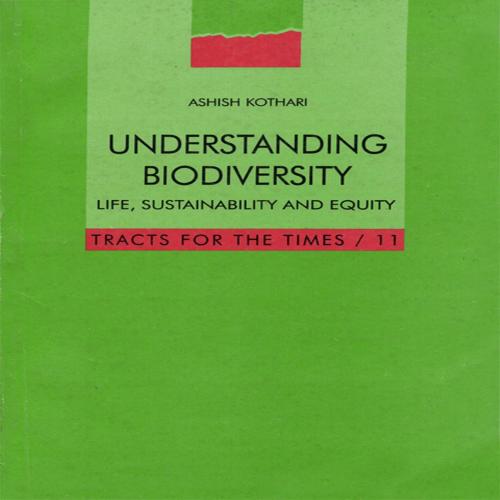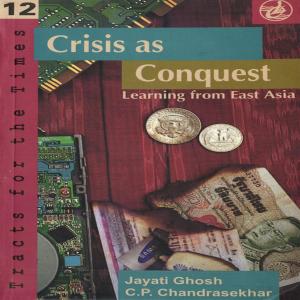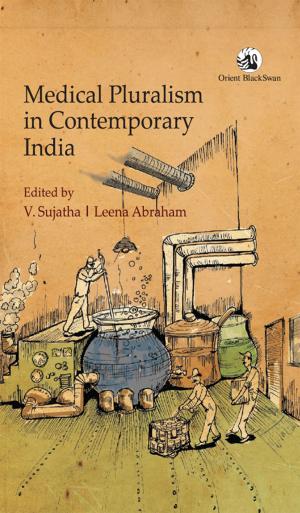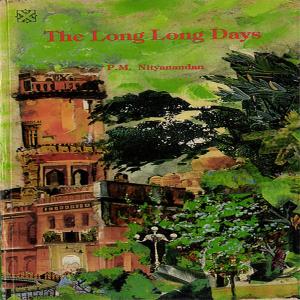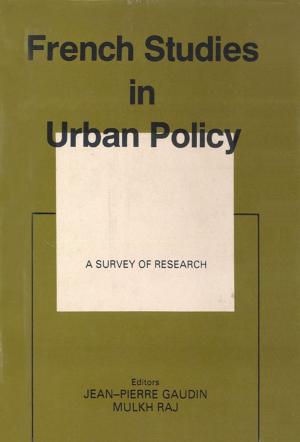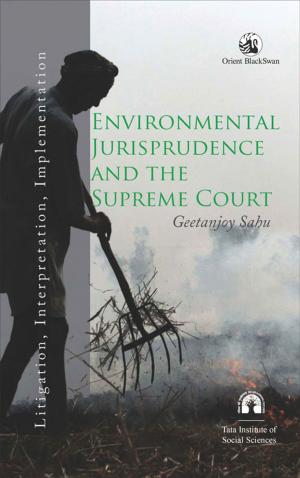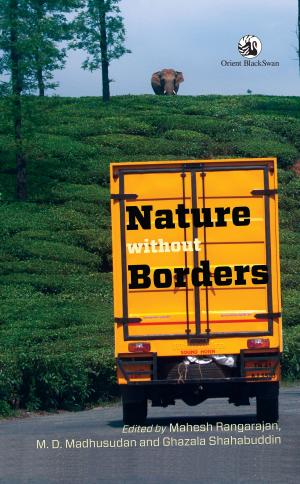Understanding Biodiversity
Life, Sustainability and Equity
Nonfiction, Science & Nature, Science, Biological Sciences| Author: | Ashish Kothari | ISBN: | 9788125052579 |
| Publisher: | Orient Blackswan Private Limited | Publication: | March 24, 2017 |
| Imprint: | Language: | English |
| Author: | Ashish Kothari |
| ISBN: | 9788125052579 |
| Publisher: | Orient Blackswan Private Limited |
| Publication: | March 24, 2017 |
| Imprint: | |
| Language: | English |
Understanding Biodiversity comes as a wake-up call at a time when the predatory practices of our 'modern' civilization have transformed nature into an exploitable resource, opened up our plant and animal life to endless expropriation and eroded the biodiversity that has made our life on earth possible. This tract forces us to confront basic issues: the need to conserve biodiversity, the conservation of wildlife and wildlife habitats, our protectionist policies which have more often endangered than conserved, our agricultural policies that have encouraged monocultures at the expense of indigenous varieties and genetic diversity. Also examined are the complex issues of access to biodiversity, the equitable sharing of benefits, patents and intellectual property rights, the Convention on Biodiversity and its relevance to India. The tract is a passionate plea to rethink our development priorities, re-evaluate our wildlife and agricultural strategies, and our relations between and within nations.
Understanding Biodiversity comes as a wake-up call at a time when the predatory practices of our 'modern' civilization have transformed nature into an exploitable resource, opened up our plant and animal life to endless expropriation and eroded the biodiversity that has made our life on earth possible. This tract forces us to confront basic issues: the need to conserve biodiversity, the conservation of wildlife and wildlife habitats, our protectionist policies which have more often endangered than conserved, our agricultural policies that have encouraged monocultures at the expense of indigenous varieties and genetic diversity. Also examined are the complex issues of access to biodiversity, the equitable sharing of benefits, patents and intellectual property rights, the Convention on Biodiversity and its relevance to India. The tract is a passionate plea to rethink our development priorities, re-evaluate our wildlife and agricultural strategies, and our relations between and within nations.
